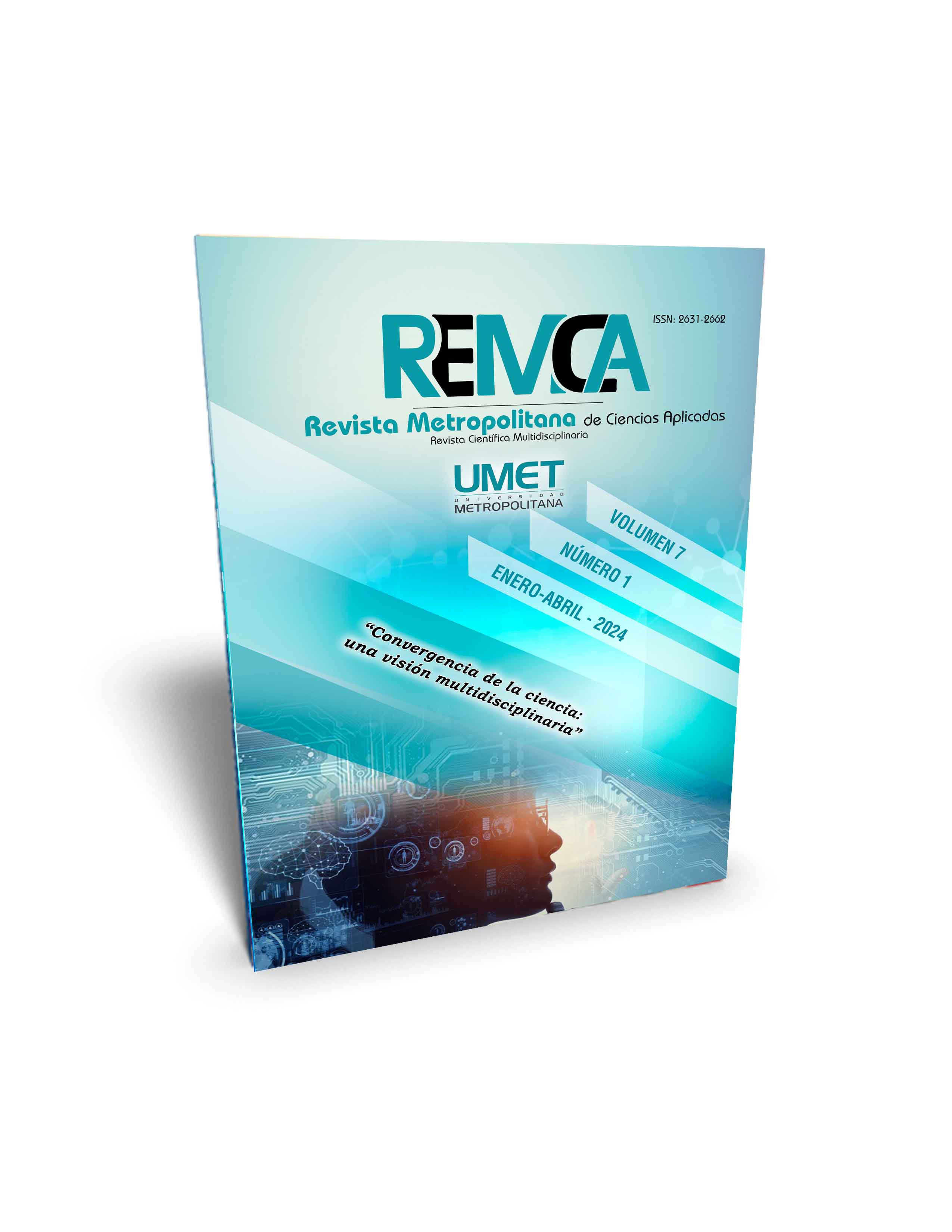Social capital, as a pillar for the improvement of management and sustainability; Yunguilla case study
DOI:
https://doi.org/10.62452/8wa54346Keywords:
Research, capital, social, development, processesAbstract
This article focuses on showing the results obtained within the community of Yunguilla, said community went from an extractivist model to a sustainable development model, this change focuses on the existence of a strong organization of the inhabitants of the community, which which in a theoretical conception is known as “social capital”. These community ties have simultaneously allowed the integration of other family and local ties that, although they did not represent a strong organization, have enabled their integration with other networks close to the community and at a national and international level. The theoretical and methodological approach is focused on understanding the strong and weak ties that coexist in a territory and how, based on these ties, a community social capital is consolidated that favors the consolidation and evolution of a new administrative model based on processes as well as on development within the community of Yunguilla.
Downloads
References
Acosta, A. (2002). En la encrucijada de la glocalización. Algunas reflexiones desde el ámbito local, nacional y global, 55, 37-56.
Bourdieu, P. (1996). Poder, Derecho y Clases sociales. Desclée de brouwer S.A.
Bourdieu, P. (2001). El capital social: Apuntes provisionales. Traducción de Evelyne Tocut. Zona Abierta.
Coleman, J. (1988). Social Capital in the Creation of Human Capital, 94, 95-120.
Collaguazo, G. (2012). Yunguilla, 15 años de trabajo comunitario construyendo nuestro modelo de desarrollo local sostenible. (Tesis de grado). Universidad Politécnica Salesiana.
Federación Plurinacional de Turismo Comunitario. (2009). Horizonte de Vida de la Comunidad de Yunguilla. Federación Plurinacional de Turismo Comunitario.
Ramírez, J. (2005). Tres visiones sobre capital social: Bourdieu, Coleman y Putnam, 4(4), 31-36.
Razo Cajas, E. F. (2014). «Entre la Necesidad y la Informalidad» El agua para la producción de alimentos: Estudio de caso en la comunidad Chitacaspi, provincia del Carchi. (Tesis de maestría). Facultad Latinoamericana de Ciencias Sociales.
Rosero, E., & Godoy, P. (2017). Diseño e implementación de un sistema de gestión por procesos para la Corporación Micro empresarial Yunguilla, Provincia de Pichincha. Universidad Metropolitana.
Sandoval Moreno, A. (2013). Nuevas ruralidades, expresiones de la transformación social en México, 47, 160-162.
Schuldt, J. (1995). Repensando el desarrollo: Hacia una concepción alternativa para los países andinos. Centro Andino de Acción Popular.
Tobón, L. F. (2010). Gestión por procesos. Bolívar.
Tortosa, J. M. (2011). Mal desarrollo y mal vivir. Pobreza y violencia a escala mundial. Abya-Yala.
Unceta, K. (2014). Desarrollo, postcrecimiento y Buen Vivir: Debates e interrogantes. Abya- Yala.
Velasco, J. A. (2012). Gestión por procesos. ESIC Editorial.
Downloads
Published
Issue
Section
License
Copyright (c) 2024 Pablo Hernán Solorzano-Polo, Edgar Fernando Razo-Cajas, Lizbeth Katherine Fuentes-Játiva (Autor/a)

This work is licensed under a Creative Commons Attribution-NonCommercial-ShareAlike 4.0 International License.
Authors who publish in Revista Metropolitana de Ciencias Aplicadas (REMCA), agree to the following terms:
1. Copyright
Authors retain unrestricted copyright to their work. Authors grant the journal the right of first publication. To this end, they assign the journal non-exclusive exploitation rights (reproduction, distribution, public communication, and transformation). Authors may enter into additional agreements for the non-exclusive distribution of the version of the work published in the journal, provided that acknowledgment of its initial publication in this journal is given.
© The authors.
2. License
The articles are published in the journal under the Creative Commons Attribution-NonCommercial-ShareAlike 4.0 International License (CC BY-NC-SA 4.0). The terms can be found at: https://creativecommons.org/licenses/by-nc-sa/4.0/deed.en
This license allows:
- Sharing: Copying and redistributing the material in any medium or format.
- Adapting: Remixing, transforming, and building upon the material.
Under the following terms:
- Attribution: You must give appropriate credit, provide a link to the license, and indicate if any changes were made. You may do this in any reasonable manner, but not in any way that suggests the licensor endorses or sponsors your use.
- NonCommercial: You may not use the material for commercial purposes.
- ShareAlike: If you remix, transform, or build upon the material, you must distribute your creation under the same license as the original work.
There are no additional restrictions. You may not apply legal terms or technological measures that legally restrict others from doing anything the license permits.




